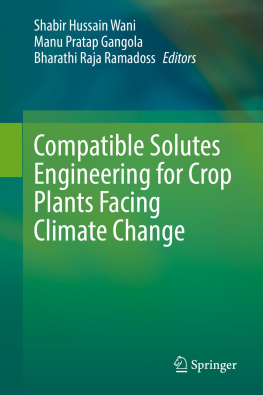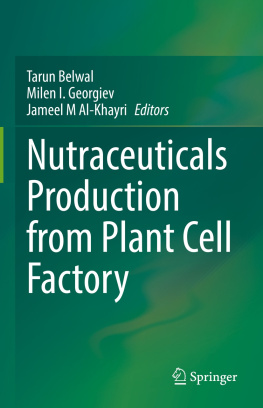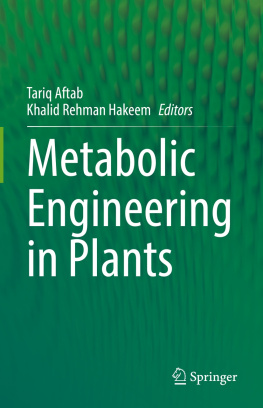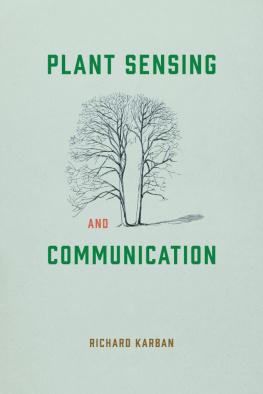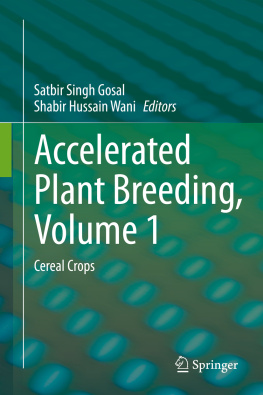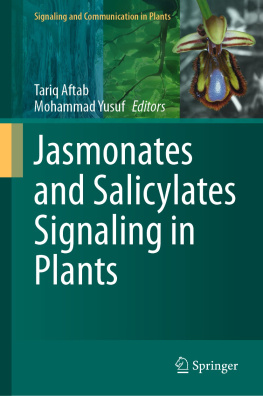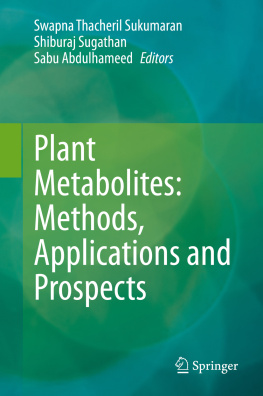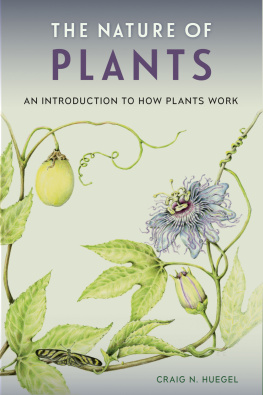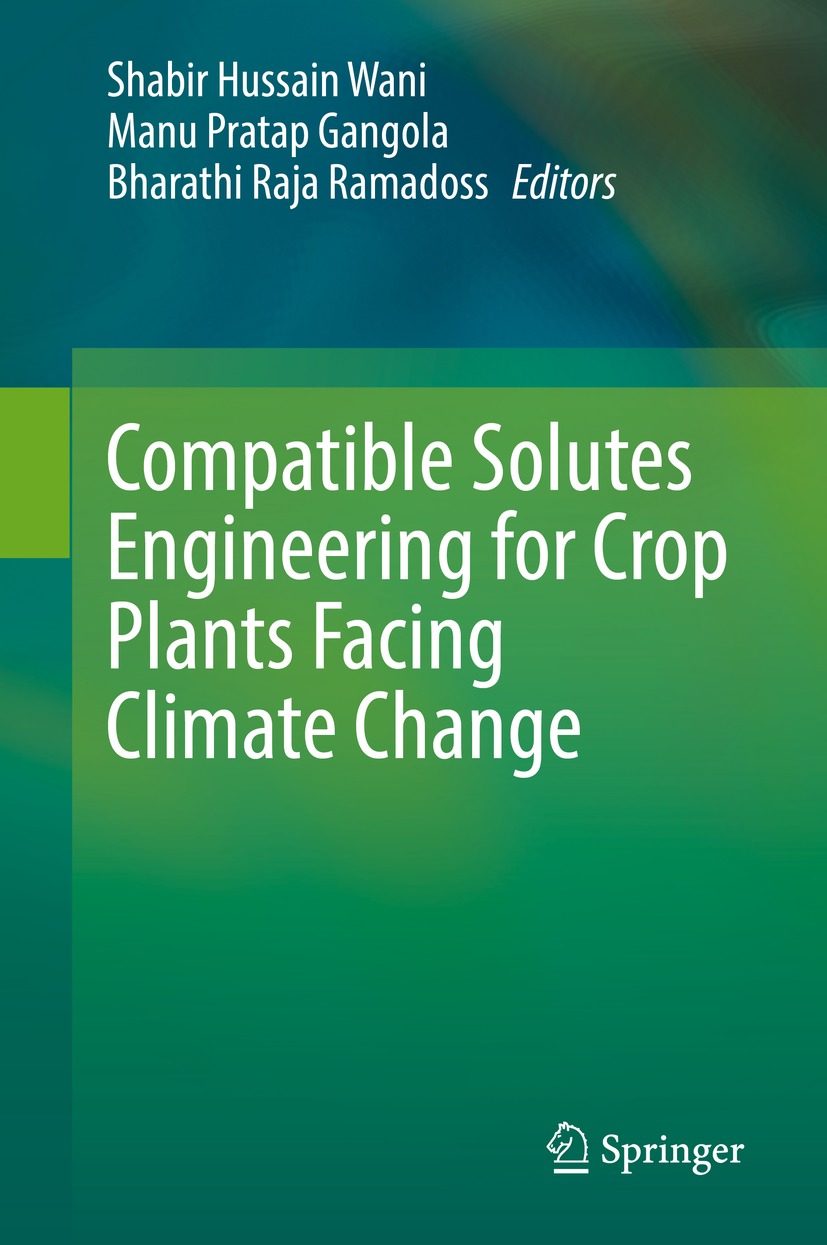Editors
Shabir Hussain Wani , Manu Pratap Gangola and Bharathi Raja Ramadoss
Compatible Solutes Engineering for Crop Plants Facing Climate Change
1st ed. 2021

Logo of the publisher
Editors
Shabir Hussain Wani
Mountain Research Centre for Field Crops, Sher-e-Kashmir University of Agricultural Sciences and Technology, Srinagar, Jammu and Kashmir, India
Manu Pratap Gangola
Department of Plant Sciences, University of Saskatchewan, Saskatoon, SK, Canada
Bharathi Raja Ramadoss
Bioriginal Food and Science Corporation, Saskatoon, SK, Canada
ISBN 978-3-030-80673-6 e-ISBN 978-3-030-80674-3
https://doi.org/10.1007/978-3-030-80674-3
Springer Nature Switzerland AG 2021
This work is subject to copyright. All rights are reserved by the Publisher, whether the whole or part of the material is concerned, specifically the rights of translation, reprinting, reuse of illustrations, recitation, broadcasting, reproduction on microfilms or in any other physical way, and transmission or information storage and retrieval, electronic adaptation, computer software, or by similar or dissimilar methodology now known or hereafter developed.
The use of general descriptive names, registered names, trademarks, service marks, etc. in this publication does not imply, even in the absence of a specific statement, that such names are exempt from the relevant protective laws and regulations and therefore free for general use.
The publisher, the authors and the editors are safe to assume that the advice and information in this book are believed to be true and accurate at the date of publication. Neither the publisher nor the authors or the editors give a warranty, expressed or implied, with respect to the material contained herein or for any errors or omissions that may have been made. The publisher remains neutral with regard to jurisdictional claims in published maps and institutional affiliations.
This Springer imprint is published by the registered company Springer Nature Switzerland AG
The registered company address is: Gewerbestrasse 11, 6330 Cham, Switzerland
This book is dedicated to Prof. P. B. Kavi Kishor

Prof. P. B. Kavi Kishor completed his undergraduate and graduate education at Andhra University and South Gujarat University. After obtaining his Ph.D. in botany from the Maharaja Sayaji Rao University of Baroda, Vadodara, Gujarat, he worked as a postdoctoral fellow and also as a scientist in the Department of Genetics, Osmania University, Hyderabad from 1981 till 1984.
He began his academic career in the Department of Botany, Kakatiya University, for a short stint of 5 years as assistant and associate professor and then moved back to Osmania University, Hyderabad. After becoming professor of genetics in 1994, he served the Department of Genetics, Osmania University, in several capacities. His teaching and research career spans over 45 years. He worked at the Center for Biotechnology, Ohio State University, Ohio, USA, and produced some seminal papers on proline biosynthetic pathway genes and their validation in plants. He was a visiting fellow at several universities, including the Department of Biochemistry, Emory University, USA; the Division of Biotechnology, Linkoping University, Sweden; and the Leibniz Institute of Plant Genetics and Crop Plant Research, Gatersleben, Germany, where he happened to learn many molecular biological techniques. His interest lies in the broad areas of plant physiology and molecular biology of plants and specifically abiotic stress tolerance in plants. The seminal paper he produced on proline biosynthetic pathway genes and the genes implicated in abiotic stress tolerance in plants were validated. His research work resulted in the publication of as many as 265 papers including book chapters. Notable among them are two papers published in Nature Genetics in 2019 on the genomics of peanut and chickpea in collaboration with Dr. Rajeev Varshney, ICRISAT, Hyderabad. As an author and editor of 7 books, he has been engaged in the services of the academic community. Prof. Kavi Kishor was a member of the Academic Senate, Osmania University, and instrumental in obtaining several grants such as DBT-BUILDER, DST-INSPIRE, and UGC-CAS. He supervised or co-supervised 49 Ph.D. theses so far. He is an expert committee member of UGC, CSIR, DST, DBT, ICAR, and AICTE.
Prof. Kavi Kishor has been a recipient of many awards for his teaching and scientific contributions in the field of plant biology. He received the Prof. Hiralal Chakravarthy Award in 1990, Rockefeller Foundation Fellowship in 1992, Best Teacher Award from the Government of Andhra Pradesh, Prof. P. Maheswari Gold Medal, Gold Medal from the Association of Biotechnology and Pharmacy, and Life-Time Achievement Gold Medal from the Association of Biotechnology and Pharmacy. Other awards include Dr. Godgil Memorial Lecture and Dr. Diwaker Patel Memorial Lecture.
He is a fellow of the National Academy of Sciences, Allahabad (FNASc), Fellow of National Academy of Agricultural Sciences (FNAAS), Fellow of the Botanical Society, Fellow of the Indian Association of Biotechnology and Pharmacy, Fellow of the A.P. Akademi of Sciences, and Fellow of the Telangana Academy of Sciences. Currently he is working as an emeritus professor at the Vignans Foundation for Science, Technology and Research, Guntur, Andhra Pradesh.
Foreword

Today, sustainable agriculture and global food security are the prime and formidable challenges. Food production will have to be enhanced, and to feed more than 9 billion, estimated population by 2050 at 1.11.3% growth per year, immediate measures are necessary to raise the yield of major crops. One of the major factors limiting crop yield is climate change and ensuing abiotic stresses. This condition may worsen with dwindling agricultural land, water, and biological resources. It is therefore a daunting task for agricultural scientists and plant biologists to understand and develop tolerant/resistant varieties against different abiotic stresses. In this context, there is a greater need to utilize knowledge gained through biotechnological and/or genomic tools to engineer biosynthesis of various abiotic stress responsive biomolecules. Of these, osmolytes with organic chemical nature, termed as compatible solutes, have a vital role to play in structural, physiological, biochemical, and signaling roles during plant growth and development besides adaptation to various abiotic stresses. Research in the past several years has established the significant positive correlation between compatible solutes accumulation and crop yield in cereal, pulse, and oilseed crops. Bioengineering of osmolytes is now explored through coordinated regulation of biosynthetic pathways and genetic machinery to achieve sustainable stress tolerance.

